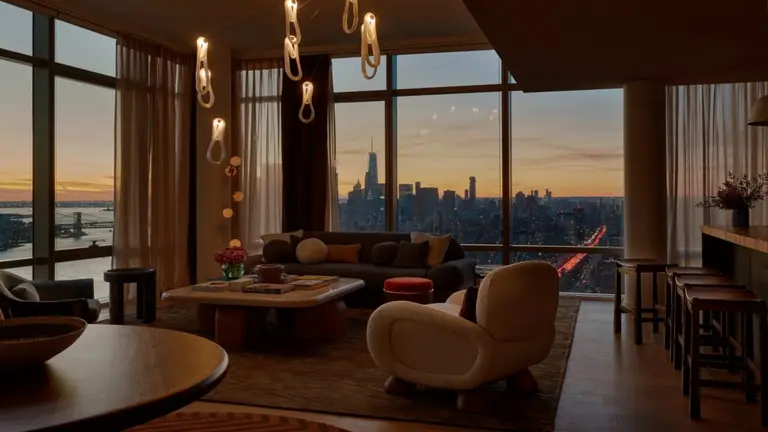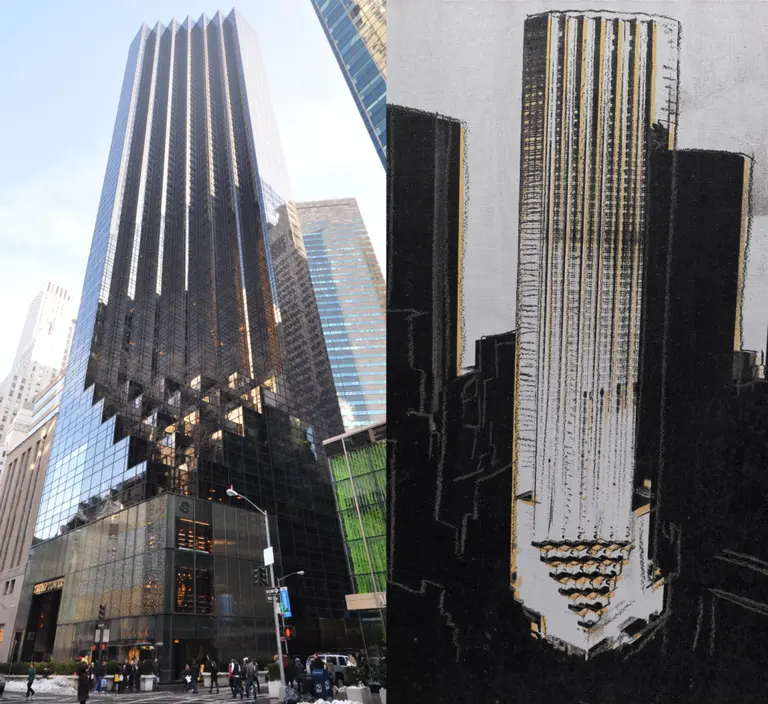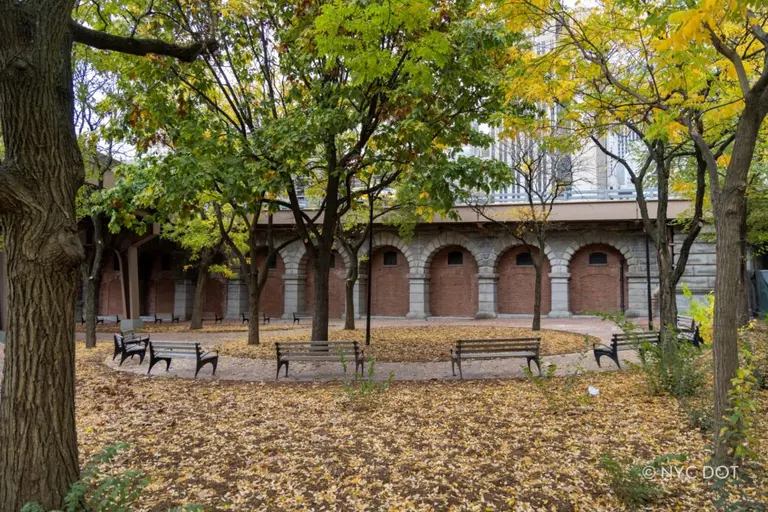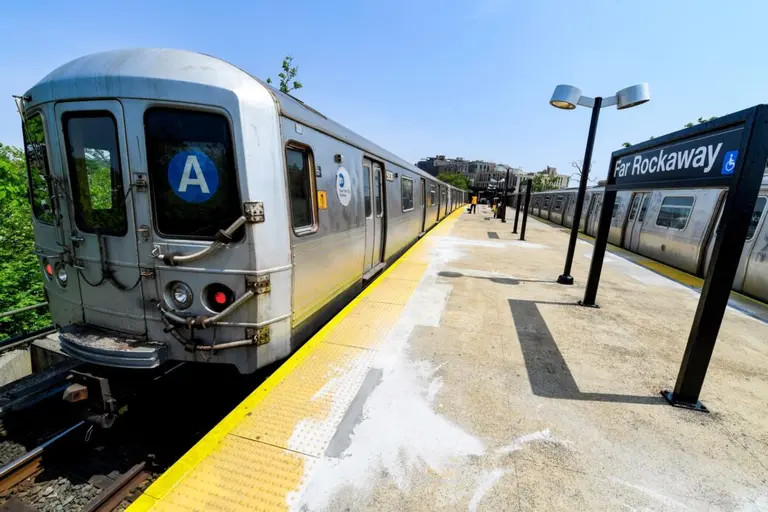95 Historic Sites in Jeopardy After Landmarks Commission Proposes Mass “De-Calendaring”
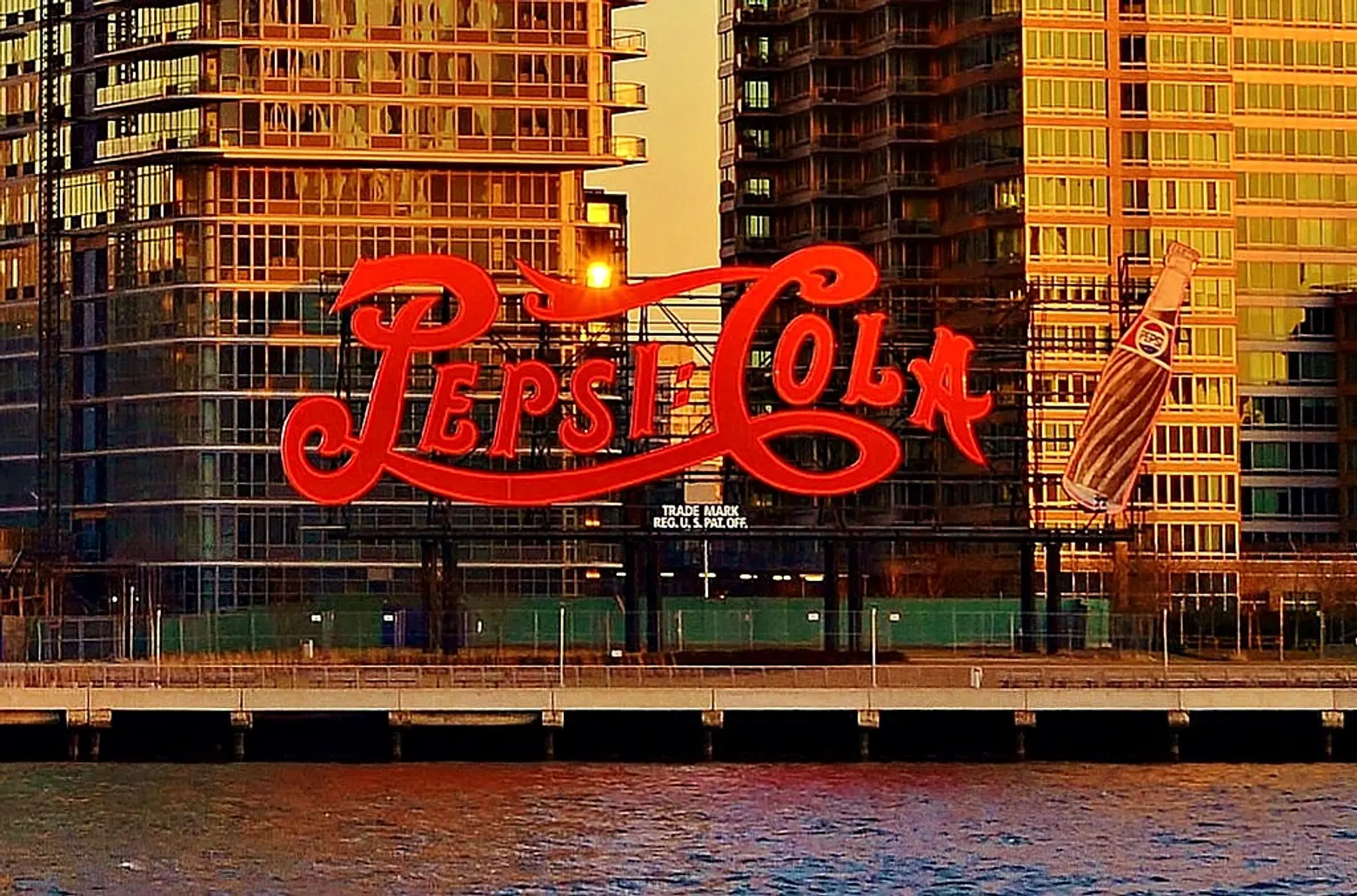
Just a month before the year-long celebration of the landmarks law’s 50th anniversary is set to commence, the preservation community was dealt what is perhaps its biggest blow since the demolition of Penn Station. The city’s Landmarks Preservation Commission revealed in its public review meeting last Wednesday that it would de-calendar 95 historic sites and two historic districts throughout the five boroughs, removing the historic buildings and spaces from the landmarking to-do list and leaving them completely unprotected.
Proponents of the plan argue that many places on the list have been there for 50 years, and their removal would free up the LPC’s backlog. Preservationists dismiss this claim, citing that the fact that the historic sites have sat unlandmarked for so long is all the more reason this out-of-nowhere proposal is bad public policy. Some of the more high-profile locations under consideration include Long Island City’s Pepsi sign, Manhattan’s Bergdorf Goodman building, and Green-Wood Cemetery in Brooklyn.
Calendaring refers to the LPC’s decision to officially consider a site for landmark designation, which is followed by a public hearing and subsequent vote. But what’s most important is that when a site is calendared “no demolition, construction, or alteration permits can be granted for a site without first notifying the LPC and allowing them up to forty days to designate the structure or negotiate a change or withdrawal of the permit applications,” explains GVSHP. If a site is de-calendared, the LPC has no say over any applications and the structure can be heavily altered or altogether demolished.
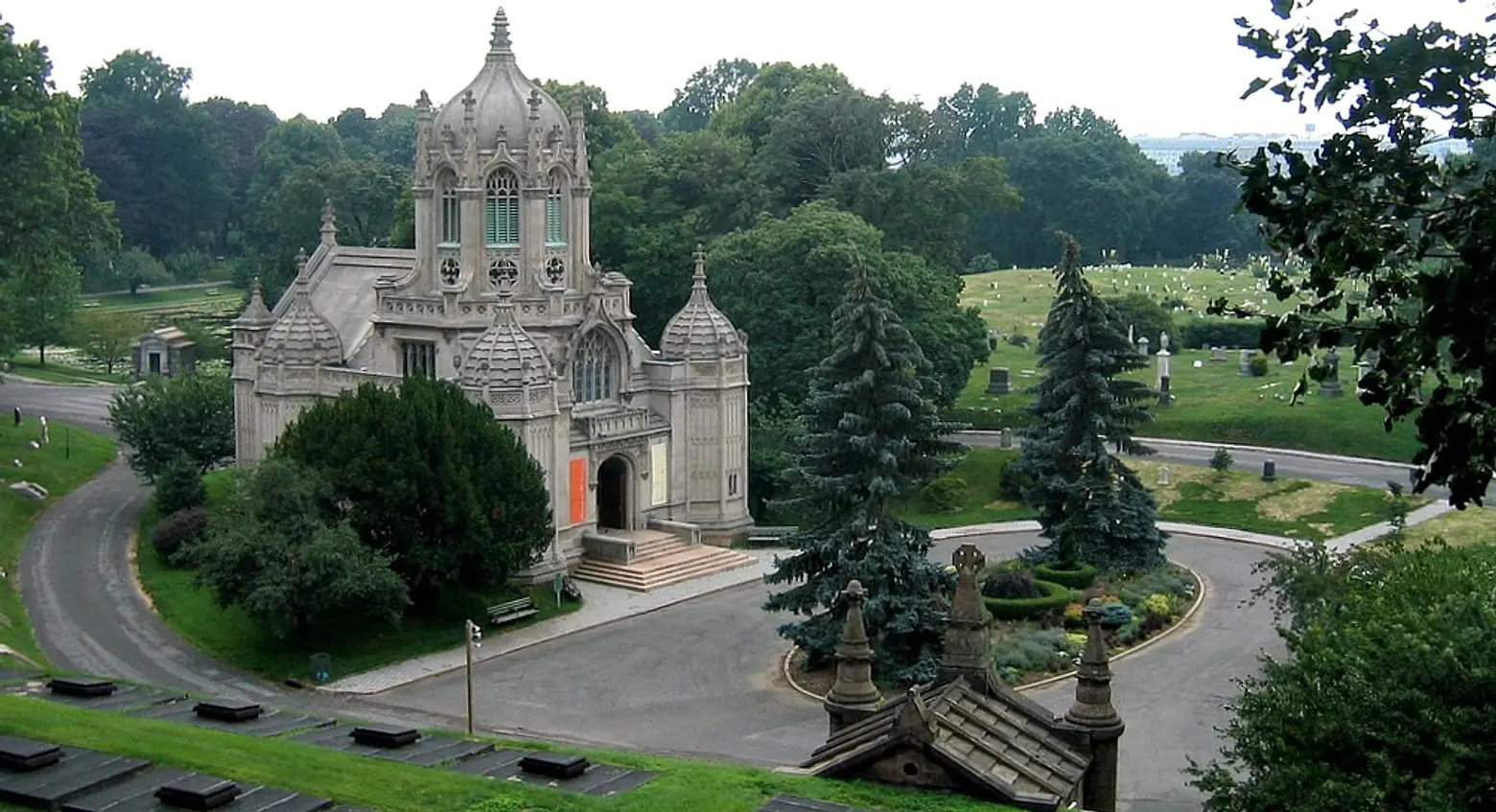 Green-Wood Cemetery via wallyg via photopin cc
Green-Wood Cemetery via wallyg via photopin cc
According to the Times, “All of the properties under consideration have languished for at least five years without a vote on whether they are landmarks, and 80 of them have been on the books for more than 20 years, including 26 first proposed in 1966.” LPC Chairwoman Meenakshi Srinivasan defended her decision: “How do we move forward with an agenda that is focused, active and progressive rather than spending our entire time wrestling with this backlog? This is all about clearing out projects that are not active so we can focus on ones that are.”
Real estate developers, including the Real Estate Board of New York, are happy with the plan, viewing it as much-needed reform so that buildings don’t sit in limbo for 50 years. Some have speculated that the decision comes from campaign promises made by Mayor De Blasio to REBNY, while others wonder if the City Council put pressure on the LPC. Simeon Bankoff, Exective Director of the Historic Districts Council, has been one of the most vocal opponents of the plan, noting that “these buildings were calendared for a reason, because they have historic merit, and now they could be gone.”
The LPC is holding a hearing next Tuesday to discuss the de-calendaring and finalize its plans. The meeting is not open to the public, another decision that’s being widely criticized.
[Via NY Times]

